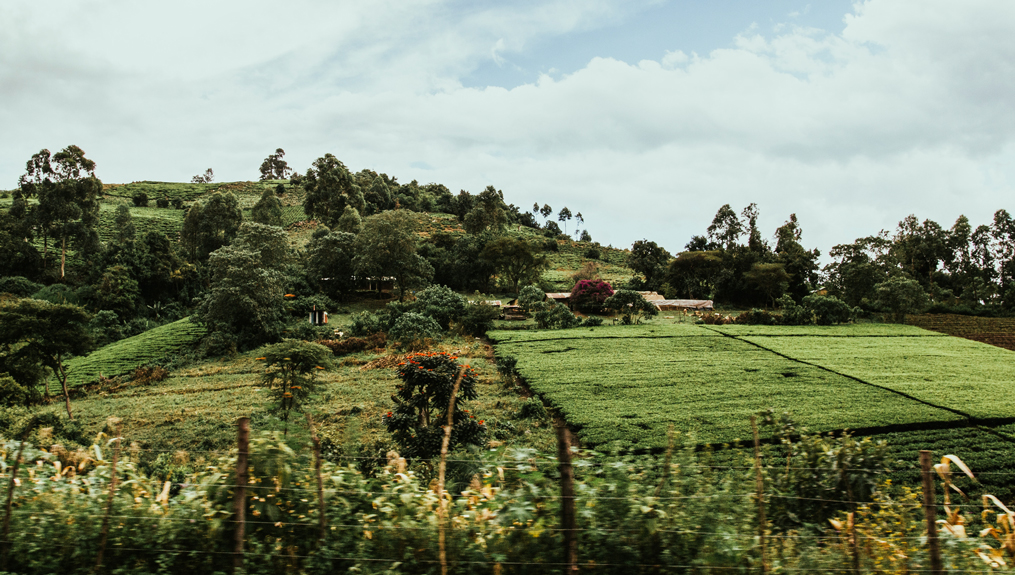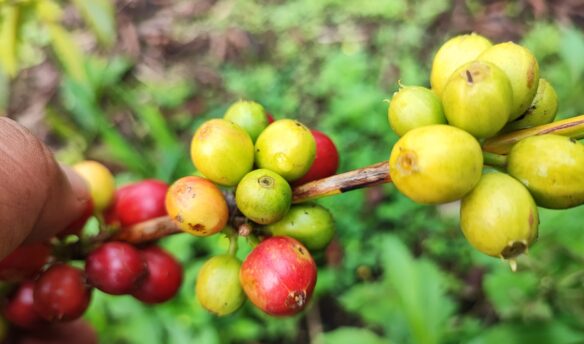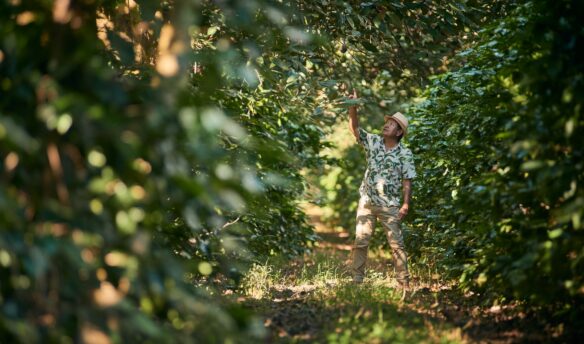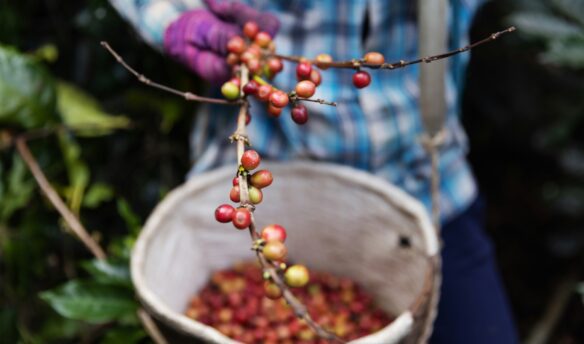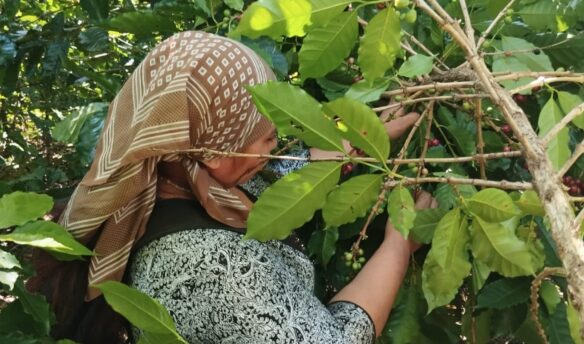[D]rought, lower tea prices, and economic sanctions against Iran have led to lower tea exports for the world’s largest black tea producing country. The country’s “long rains” season was unusually dry; World Tea News points to Tropical Cyclone Idai, saying that the storm redirected moisture away from the region. According to Bloomberg, production during the first five months of 2019 was 170.18 million kilograms, markedly lower than 2018’s 187.69 million kilograms. Jointly, the average auction price this year is $2.25 per kilogram, a nearly 20% drop compared to last year’s $2.80. Ultimately, the lower tea exports, paired with the drop-in tourism and the flower industry, have resulted in Kenya’s economy dropping to 104.07 shillings per dollar and its fifth straight month in decline. The Kenyan schilling is now on track to be at its lowest level since October 2015.
Share This Article
Join 7,000+ coffee pros and get top stories, deals, and other industry goodies in your inbox each week.
Other Articles You May Like
Battling Drought: How Climate Change and Dry Conditions Threaten Coffee Production
What happens to coffee when it doesn’t rain enough? In coffee-producing countries worldwide, drought conditions are drying up coffee cherries and threatening production.
The Transformative Value of Intercropping Coffee and Avocados at Fazenda Minamihara
Long believed to be detrimental to quality, how one farm showed intercropping coffee bushes with other plants can improve coffee and increase biodiversity.
Everything You Need to Know About the EU’s Deforestation Legislation
The European Union’s Deforestation Regulation (EUDR) started with good intentions, but may drastically change the way coffee is grown, sold, and consumed.
In Nicaragua, Women Coffee Pickers Balance Work, Children, and Life
If you drink specialty coffee, you’re drinking something that was handpicked. Here’s a peek into the lives of women coffee pickers in Nicaragua.

